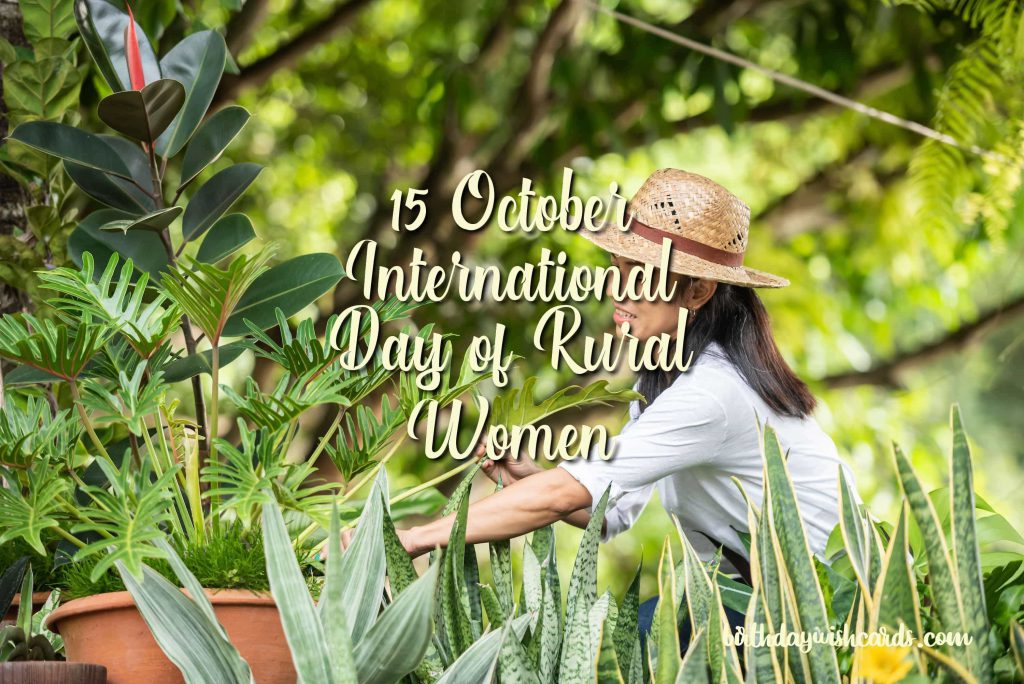
15 October: International Day of Rural Women
The International Day of Rural Women, observed each year on 15 October, celebrates the vital role and contributions of rural women—including indigenous women—in advancing agricultural and rural development, strengthening food security, and eradicating rural poverty. This day shines a spotlight on the unique challenges rural women face and honors their achievements in building resilient rural communities worldwide.
United Nations Efforts to Empower Women
For many years, the United Nations encountered significant obstacles in promoting gender equality globally, including limited funding and the lack of a unified entity to coordinate its efforts. To overcome these challenges, the UN General Assembly established UN Women in July 2010. Officially known as the United Nations Entity for Gender Equality and the Empowerment of Women, UN Women was created to accelerate progress toward gender equality and women’s empowerment worldwide.
The creation of UN Women marked a milestone in the UN’s reform agenda by consolidating resources and mandates from several agencies to maximize impact. UN Women brought together the work of four previously separate UN bodies dedicated to gender equality and women’s empowerment:
- Division for the Advancement of Women (DAW)
- International Research and Training Institute for the Advancement of Women (INSTRAW)
- Office of the Special Adviser on Gender Issues and Advancement of Women (OSAGI)
- United Nations Development Fund for Women (UNIFEM)
By unifying these entities, UN Women became a global leader in advocating for women’s rights and advancing gender equality across all areas of life.
The Importance of Gender Equality
Gender equality is a fundamental human right and a cornerstone of prosperous, sustainable societies. Empowering women drives economic growth, increases productivity, and fosters social development. Yet, gender inequalities remain deeply rooted around the world.
Women often encounter barriers to decent work, occupational segregation, and significant wage gaps. Access to quality education and healthcare is still limited for many, especially in rural areas. Violence and discrimination against women persist, and women continue to be underrepresented in political and economic decision-making.
UN Women is committed to tackling these issues by advocating for equal rights, opportunities, and protections for women and girls everywhere. The organization works tirelessly to accelerate progress toward gender equality and women’s empowerment globally.
Sustainable Development Goals and Women’s Empowerment
UN Women supports UN Member States in setting international standards to achieve gender equality. The organization partners with governments and civil society to develop laws, policies, programs, and services that ensure these standards are implemented and benefit women and girls worldwide.
At the heart of this mission is the commitment to Sustainable Development Goal 5 (SDG 5): Achieve Gender Equality and Empower All Women and Girls. UN Women focuses on four strategic priorities to advance this goal:
- Ensuring women lead, participate in, and benefit equally from governance systems
- Securing equal access for women to income, decent work, and economic autonomy
- Guaranteeing all women and girls live free from all forms of violence
- Enabling women to contribute to and benefit from building sustainable peace, resilience, and disaster risk reduction and humanitarian efforts
Additionally, UN Women coordinates and promotes the UN system’s work on gender equality across the 2030 Agenda for Sustainable Development. Achieving gender equality is recognized as essential for meeting all Sustainable Development Goals and creating a more inclusive world.
Challenges Faced by Rural Women
Rural women comprise a significant share of the global agricultural workforce and face distinct challenges that intensify gender inequalities. These include limited access to land, credit, education, healthcare, and technology. Rural women are also underrepresented in decision-making and political processes, limiting their influence over policies that affect their lives and livelihoods.
Despite these barriers, rural women are central to food production, natural resource management, and maintaining the social fabric of their communities. Recognizing their contributions and addressing the obstacles they face are crucial for sustainable development and poverty reduction.
Global Initiatives Supporting Rural Women
Many initiatives complement the work of UN Women in empowering rural women. These programs focus on improving access to land rights, financial services, education, healthcare, and combating gender-based violence. Governments, international organizations, and NGOs collaborate to create supportive environments for the economic and social empowerment of rural women.
For example, the Food and Agriculture Organization (FAO) implements programs to enhance rural women’s participation in agriculture and rural development. These initiatives offer technical training, promote women’s leadership, and improve access to markets and resources.
How to Support Rural Women
Individuals, communities, and policymakers can help empower rural women in several ways:
- Advocate for policies that ensure equal rights to land ownership, credit, and education
- Support organizations working to improve rural women’s access to healthcare and social services
- Promote women’s leadership and participation in local governance and decision-making
- Raise awareness of the challenges rural women face and celebrate their achievements
- Encourage sustainable agricultural practices that benefit rural women and their communities
Visual Tribute to Rural Women
The following images highlight the strength, resilience, and invaluable contributions of rural women around the world:

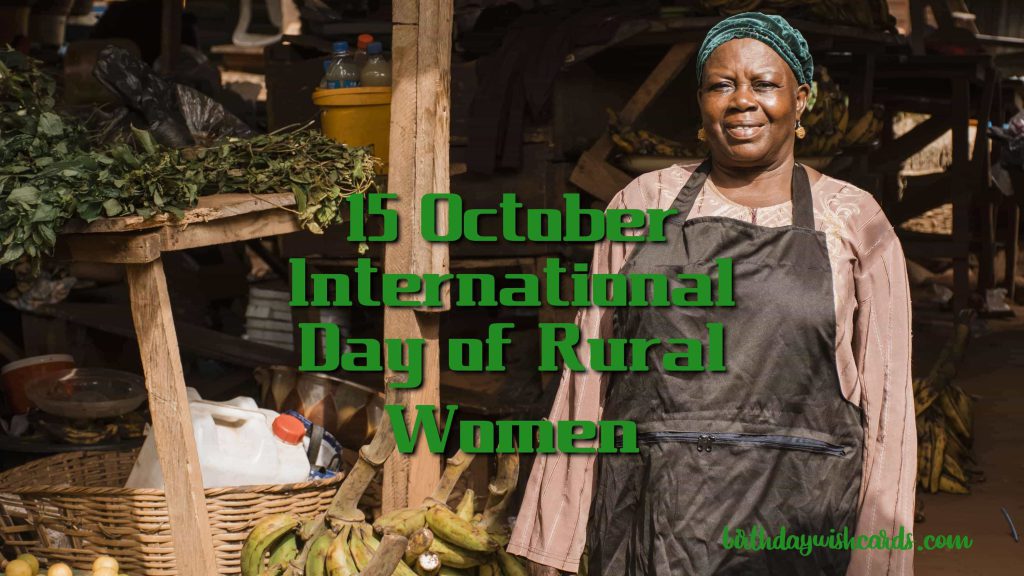
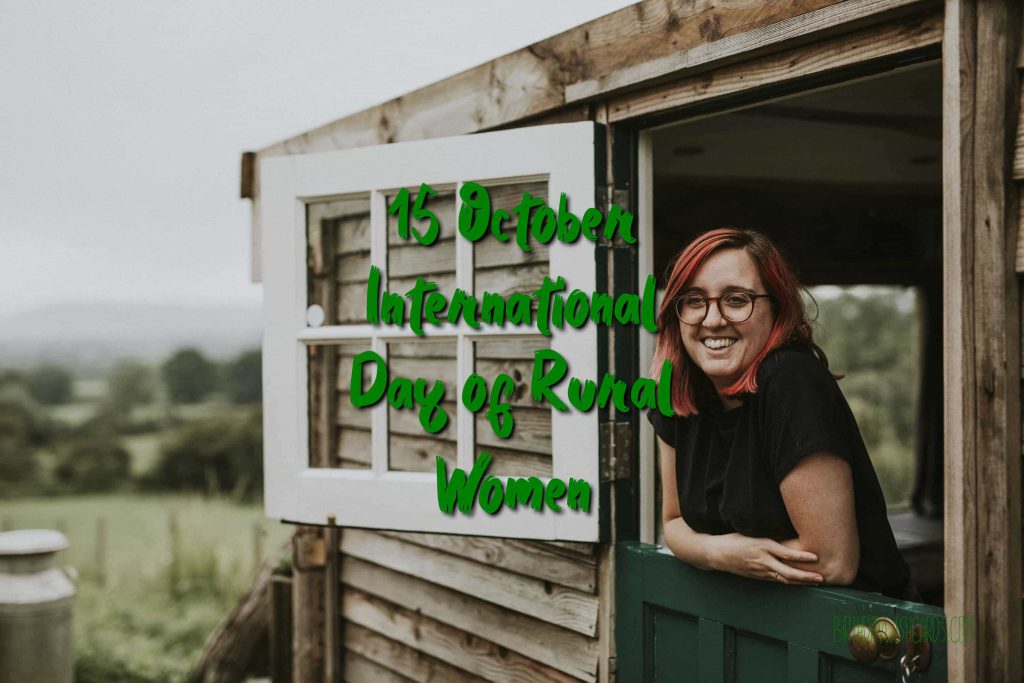
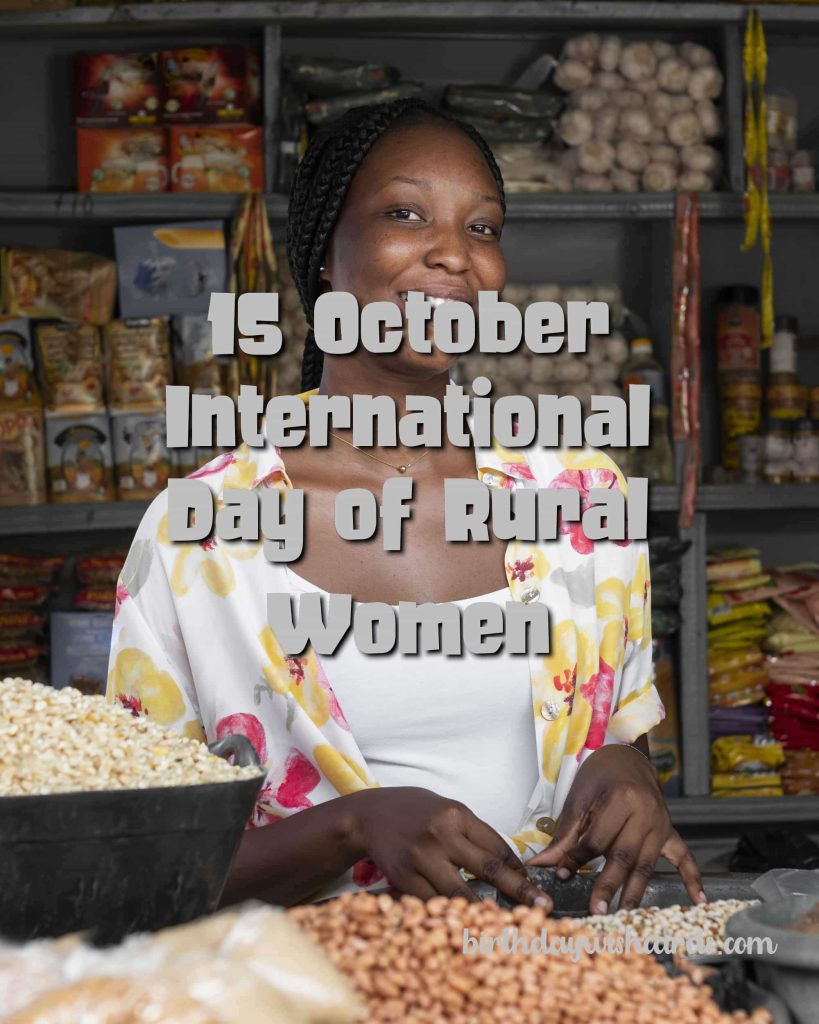
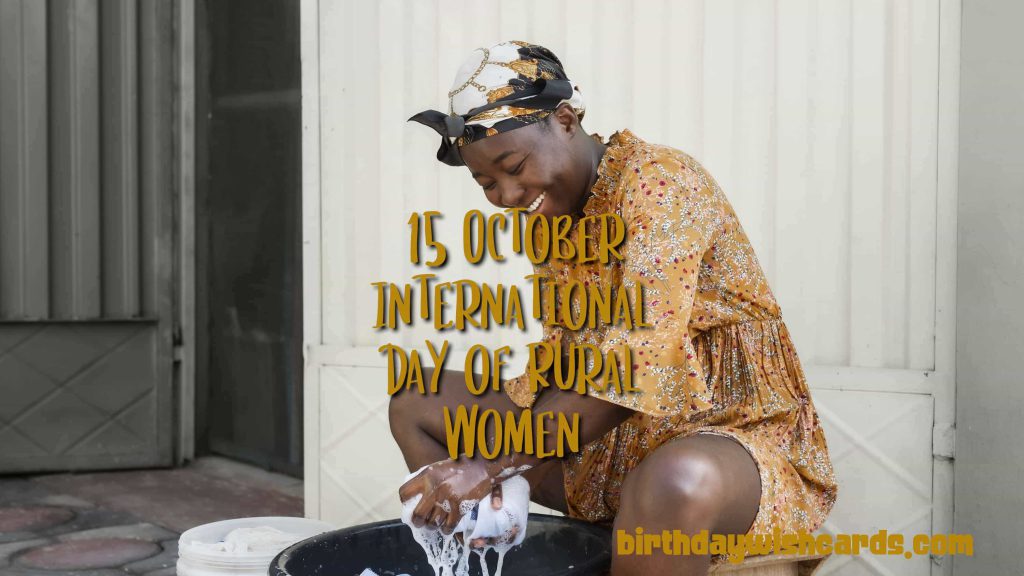
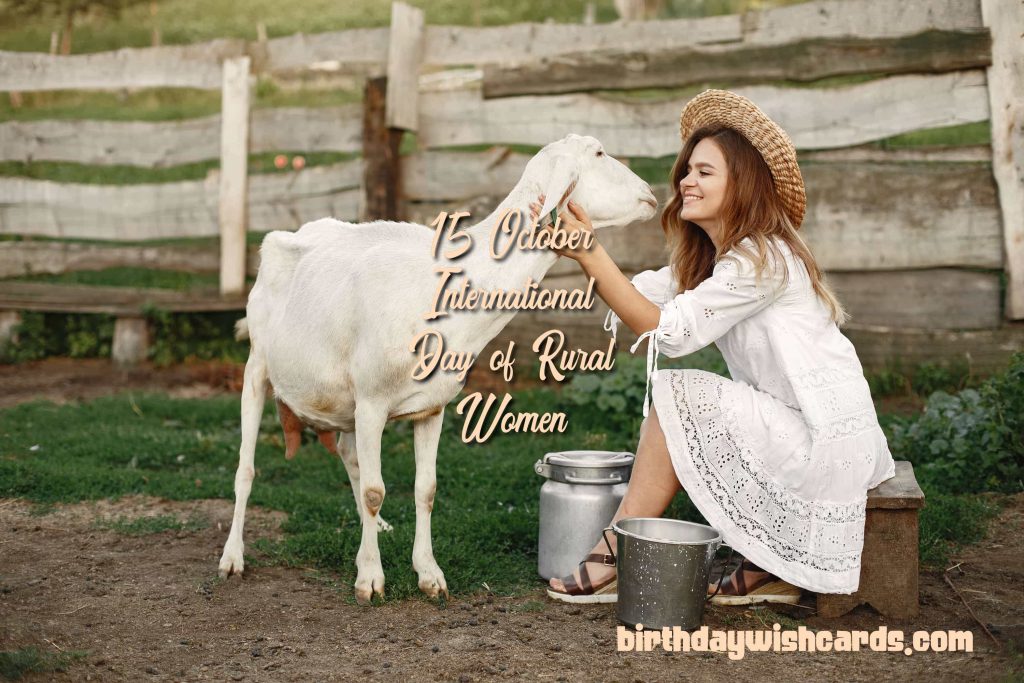
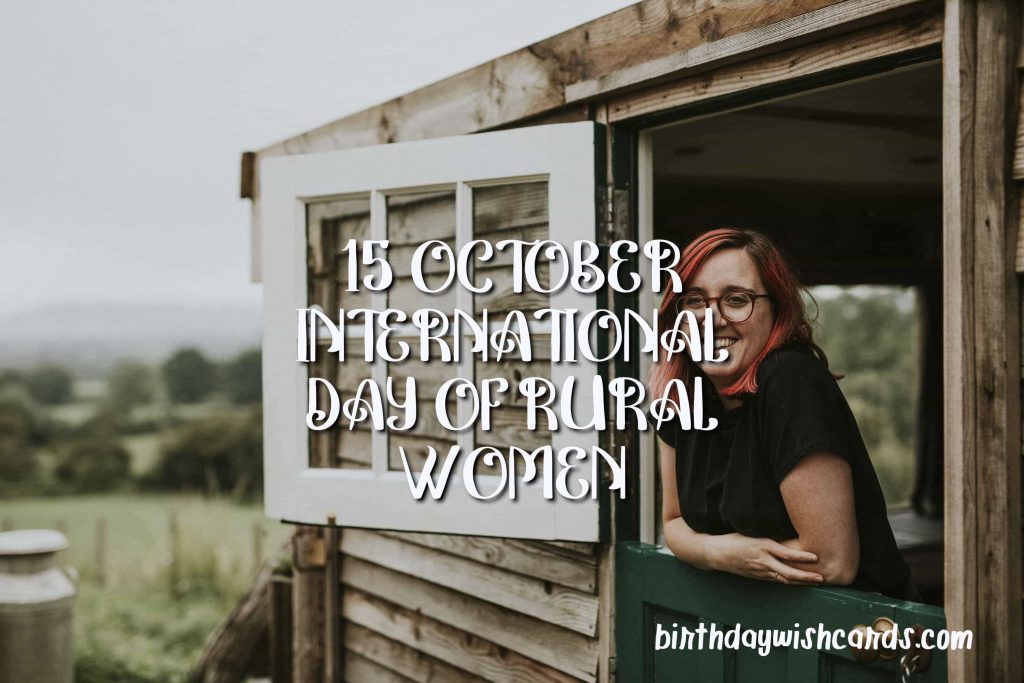
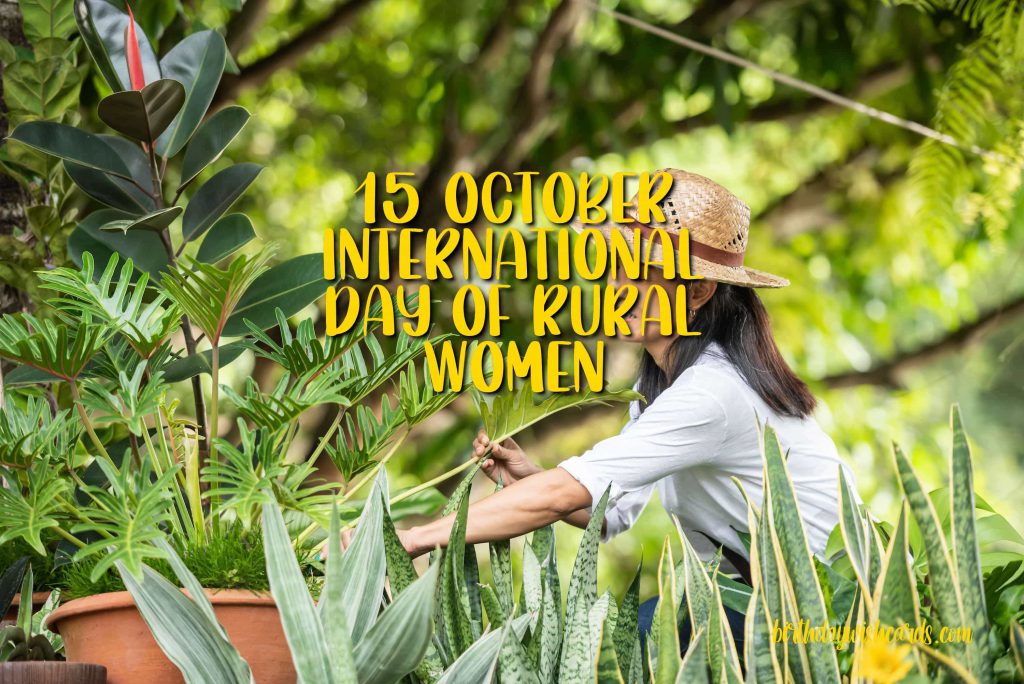
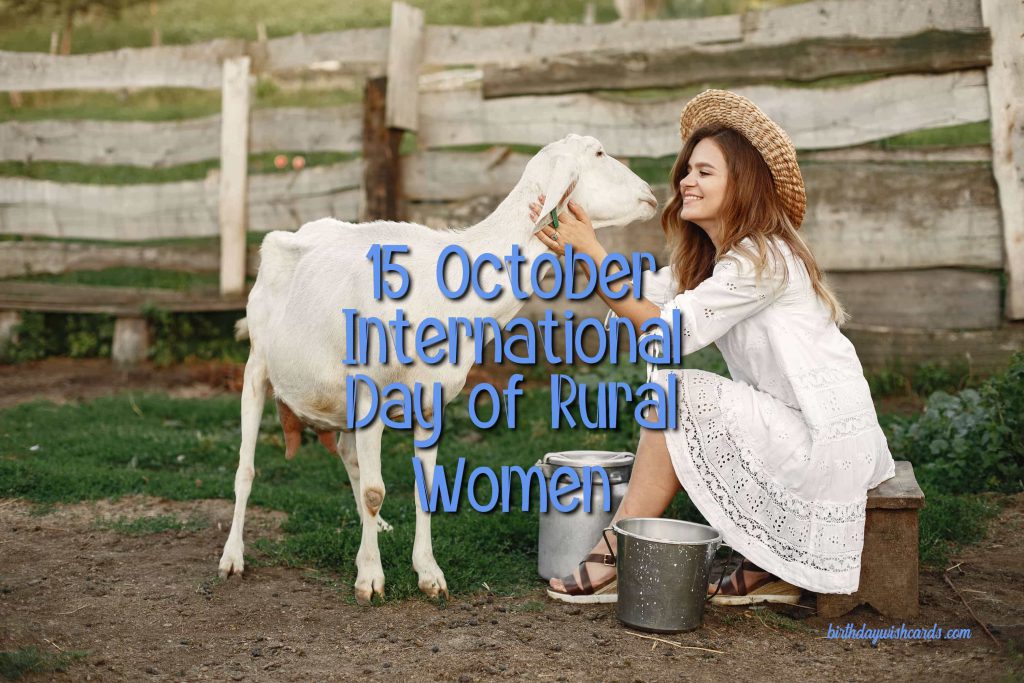
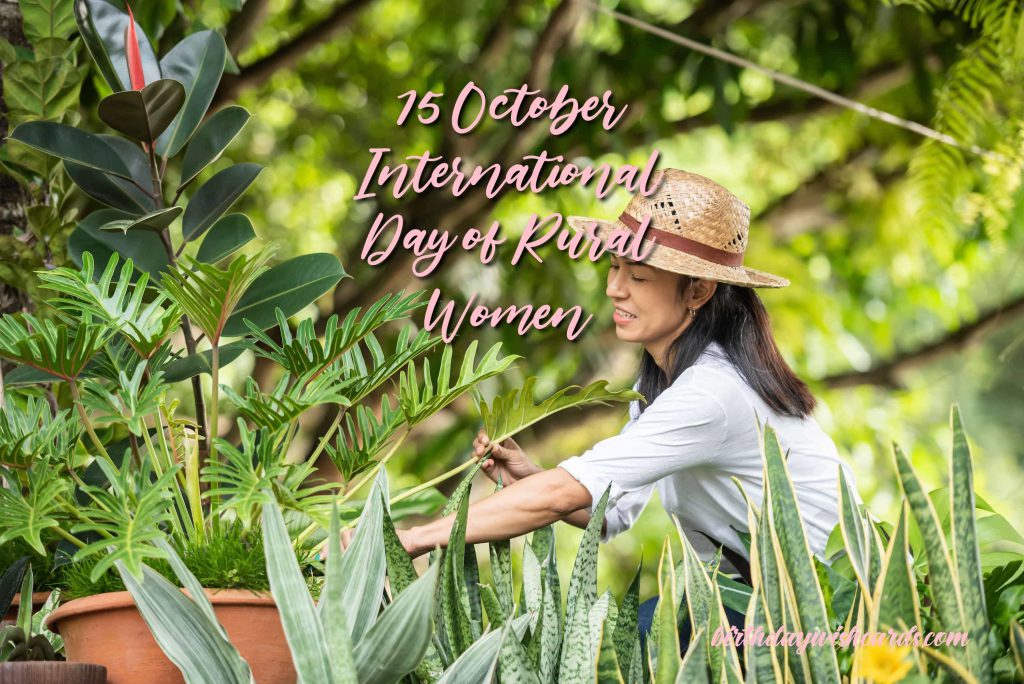
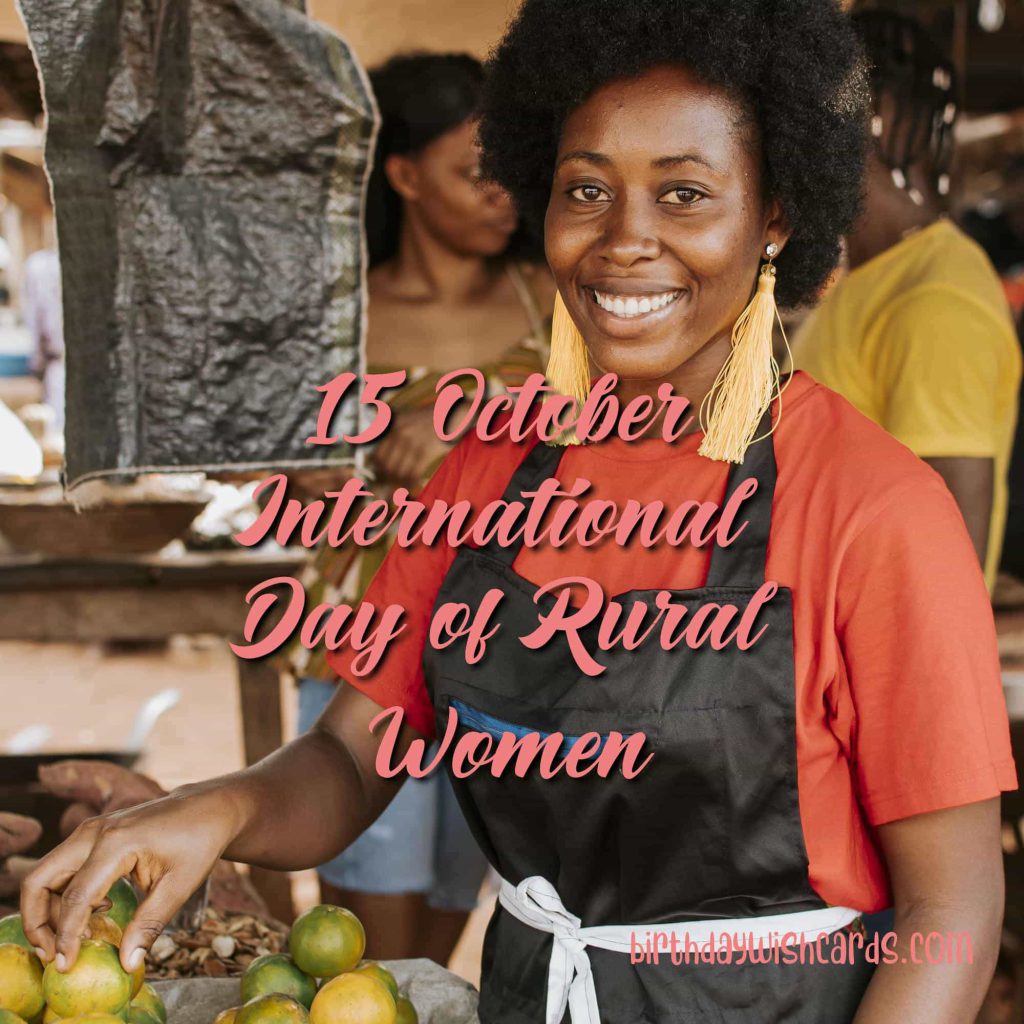
Conclusion
The International Day of Rural Women is a vital opportunity to recognize and honor the remarkable contributions of rural women to agriculture, food security, and sustainable development. It also serves as a call to action to address the persistent gender inequalities and challenges they face. Through coordinated global efforts led by organizations such as UN Women and supported by international partners, empowering rural women remains central to achieving gender equality and building resilient, inclusive societies.
To learn more about global gender equality initiatives and the empowerment of rural women, visit the UN Women official website for comprehensive resources and updates.




